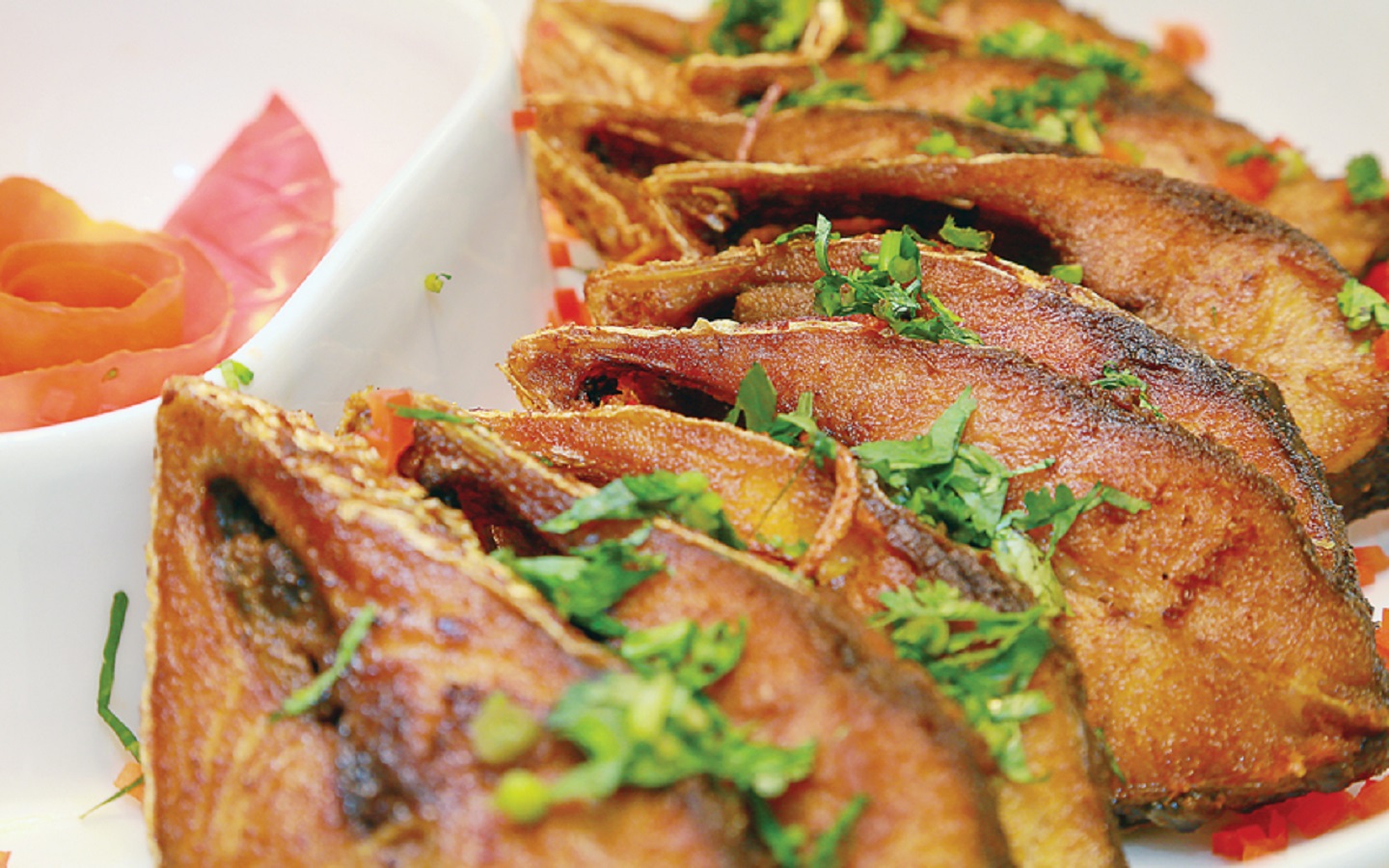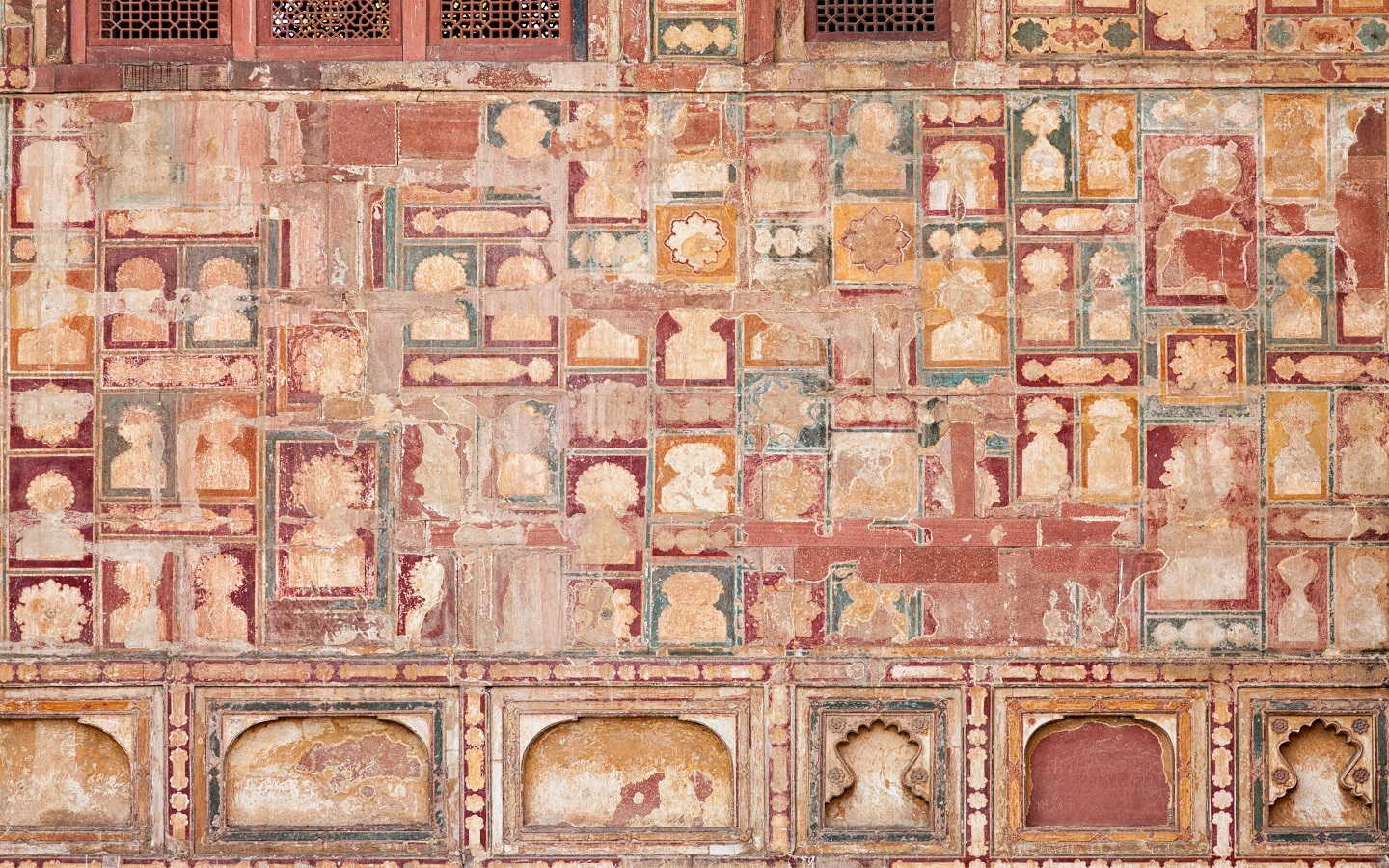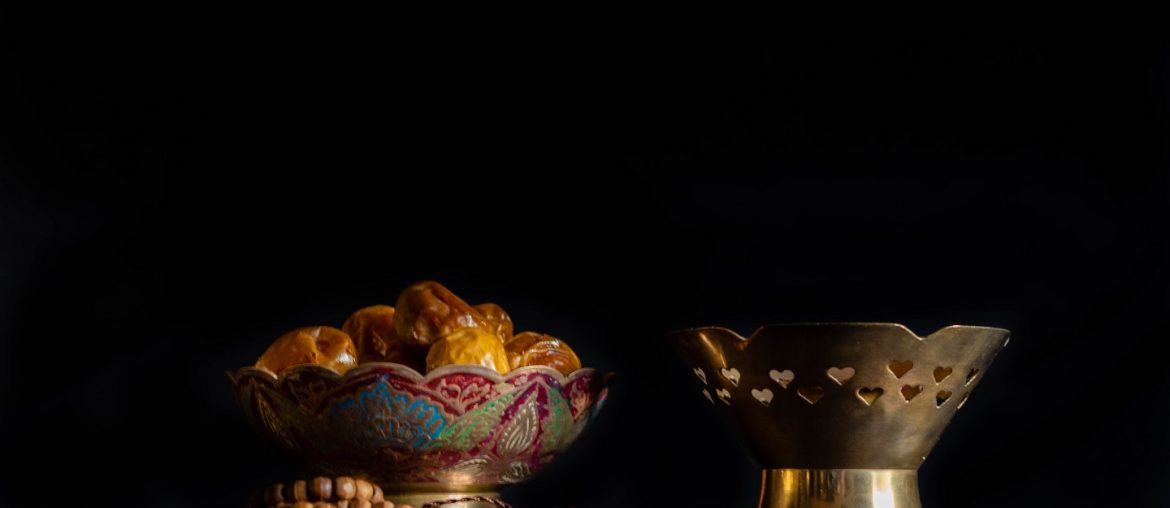This year, the first day of Ramadan and Baishakh is on the 14th day of April according to the Gregorian calendar. Therefore, the Bengali Muslims will be celebrating Baishakh and Ramadan on the same day. The celebration has doubled due to the festive occupation of Bengali New Year 1428 along with the celebration of the first Ramadan through fasting. Let us see how we can celebrate the day this year.
Impact of COVID-19 in holistic celebration

Due to the current pandemic, Bengalis all around the world will be celebrating Baishakh and Ramadan from home. In most places in the world, lockdown will be stricter. In Bangladesh, the 2nd phase of complete lockdown will initiate exactly on 14th April. Henceforward, there will be no alternative to celebrating Baishakh and Ramadan at home. The celebration will be limited to family members as well as friends in a virtual space.
How to celebrate Baishakh and Ramadan at lockdown
Celebrating Baishakh and Ramadan together would be a blessing this year. It can be an event of donation and giveaways. On this day, since the entire country will be going under the shield of lockdown, there will be people who cannot afford to celebrate the day. Therefore, with the help of your neighborhood and community, maintaining strict precautions, you can start collecting funds and arrange Iftar and Sahri for them. You can also take initiatives to distribute safety kits such as sanitizers, masks, soap, etc. to the needy ones as well as to the front-liners such as delivery people to mark the celebration of this day. Connect with your family and friends on this day virtually and comfort them from the stress of lockdown.
A Bengali culinary experience during Iftar and Sahri

To mark the celebration of Pahela Baishakh, you can arrange Doi (curd)-Chira (dry rice)-kola (banana) for your Sahri, and Panta-Ilish for your Iftar. It would be a great experience for you if you do so. Drink enough water at iftar and Sahri if you are fasting and eat as much fruit as possible. Maintain social distancing rules, wear a mask and sanitize yourself frequently if you need to go outside for emergency purposes. The weather forecast says that it will be a hot and humid day, and therefore take proper care.
How the celebration of Pahela Baishakh traces back to Islamic History: The Mughals

Islamic Hijri calendar is a lunar calendar that doesn’t coincide with the solar agricultural calendar of Bengal. During the Mughal empire, they used to collect land taxes in Bengal based on the Islamic Hijri calendar. As a result, Emperor Akbar introduced the tradition of collecting harvest tax on the first day of the Bengali calendar. Furthermore, the count began with the mnemonic Bangabda. Royal astronomer Fathullah Shirazi created the new calendar combining the lunar and solar calendar which people knew as Fosholi Shon or The Harvest Calendar. According to some scholars, the then Mughal governor of Bengal, Nawab Murshid Quli Khan started the tradition of celebrating Bengali New Year as Punyaho. This Punyaho is regarded to be a ceremonial day of land-harvest tax collection. This is at present the Bengali New Year.
How are you celebrating Baishakh and Ramadan this year? Do let us know in the comment section below.




